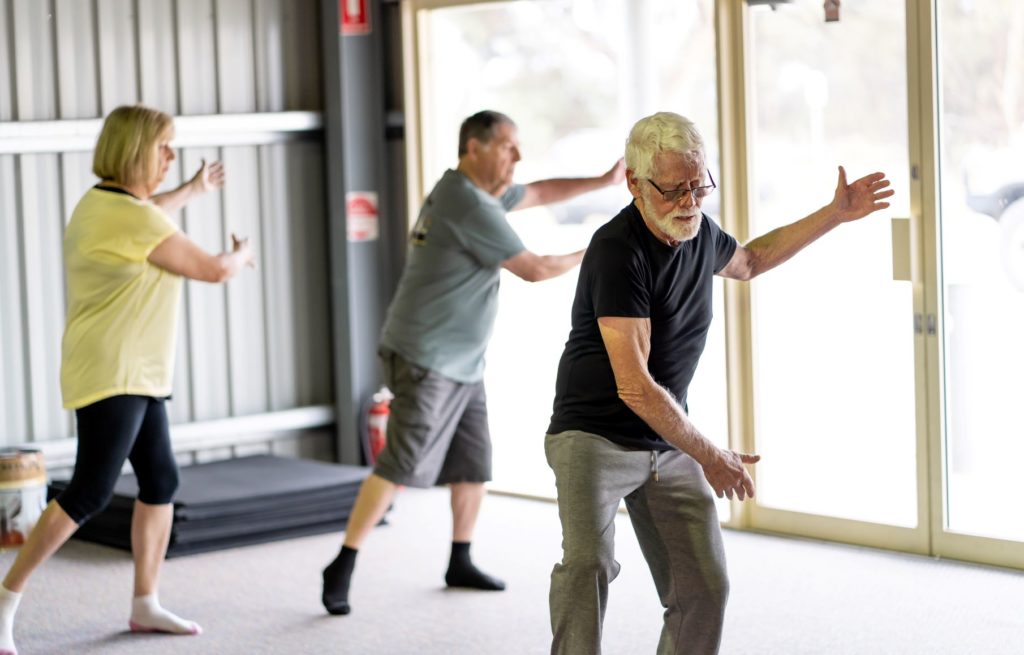Including exercise in lung cancer treatment has a range of benefits. A diagnosis of lung cancer brings challenges, emotions, time away from work and family, a new routine and possible side effects from your medication. Exercise may be the last component of treatment that you are likely to consider. Let’s talk about why it is important, how it can help and what it means in the long-term.
Exercise in lung cancer treatment is important for both your physical and mental health. It should be considered when discussing your treatment plan with your General Practitioner (GP) or specialist. Exercise professionals, such as an Accredited Exercise Physiologist or physiotherapist, have the training and expertise to support you with an individually tailored exercise programs at any stage of your lung cancer treatment.

With the right guidance and supervision from an exercise professional, incorporating exercise can help you improve your overall health and wellbeing. Talk to your GP about referral to pulmonary rehabilitation and Lung Foundation Australia’s Lungs in Action program to ensure you have expert support along the way.
How does exercise in lung cancer treatment impact your symptoms?
Symptoms commonly experienced by people with lung cancer include shortness of breath, fatigue and lethargy. Incorporating exercise in lung cancer treatment has lots of benefits for managing these symptoms. A structured exercise program will help to improve and reduce symptoms by strengthening your muscles, joints and bones, as well as assist in building endurance through specific breathing exercises. Surgery and other treatments can often have side effects that may impact your health and overall quality of life. This is where exercise is integral to managing side effects and help recovery in the treatment phase. Exercise can help improve your overall lung function and conditioning as well as increase efficiency of breathing.
What should be included in an exercise program for lung cancer?
An exercise program for those with lung cancer should include aerobic, strength, balance and flexibility type exercises. Some of the benefits may include:
- Reduced shortness of breath
- Reduced fatigue and improved sleep quality and quantity
- Improved mood and reduced levels of anxiety
- Opportunity for social interaction with others in a similar situation.
This article was developed with Ismini Dandanis, Director/Senior Exercise Physiologist, InForm Health & Exercise

Find an exercise program
You can learn more about exercise and find a pulmonary rehabilitation or Lungs in Action class near you via the link below or free call 1800 654 301 to chat to our team. If there are no classes available in your area, speak to your GP about a referral to an exercise professional who can help develop a tailored plan for you.

